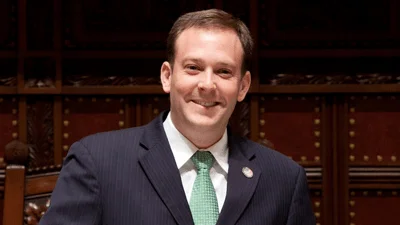Biden Administration sets ambitious Refugee Resettlement Goals for 2024
In a move that aligns with the United States' history as a "nation of welcome," President Biden signed the Presidential Determination on Refugee Admissions for the 2024 fiscal year on September 29. The new directive sets an ambitious target of admitting 125,000 refugees, a number not reached in the last three decades, according to a statement from Antony Blinken, Secretary of State.
The allocation of admission numbers will focus on refugees of special humanitarian concern to the United States. According to the Determination, the following regional allocations have been outlined:
Africa: 30,000 to 50,000
East Asia: 10,000 to 20,000
Europe and Central Asia: 2,000 to 3,000
Latin America/Caribbean: 35,000 to 50,000
Near East/South Asia: 30,000 to 45,000
The Biden Administration is specifically targeting refugees from Latin America and the Caribbean. Secretary of State Antony Blinken emphasized that the administration is committed to focusing on key populations, including vulnerable individuals, human rights defenders, and those persecuted for their religious beliefs.
Blinken highlighted ongoing efforts to rebuild, streamline, and expand the U.S. Refugee Admissions Program. "Admitting 125,000 refugees is now within reach," he stated, signaling renewed efforts to reinforce the program.
Blinken highlighted the United States' storied history of refugee resettlement, having admitted over three million refugees since the passage of the Refugee Act in 1980. Blinken also emphasized the role of U.S. refugee resettlement in promoting regional stability and sharing the burden with countries currently hosting refugees.
The Presidential Determination comes as part of a larger effort to restore and revitalize the nation's humanitarian programs and confirms the administration's commitment to maintaining the United States' role as a global leader in refugee resettlement. Blinken boldly stated, "The United States will continue to be a global leader in providing safety and opportunity for the world's most vulnerable."








